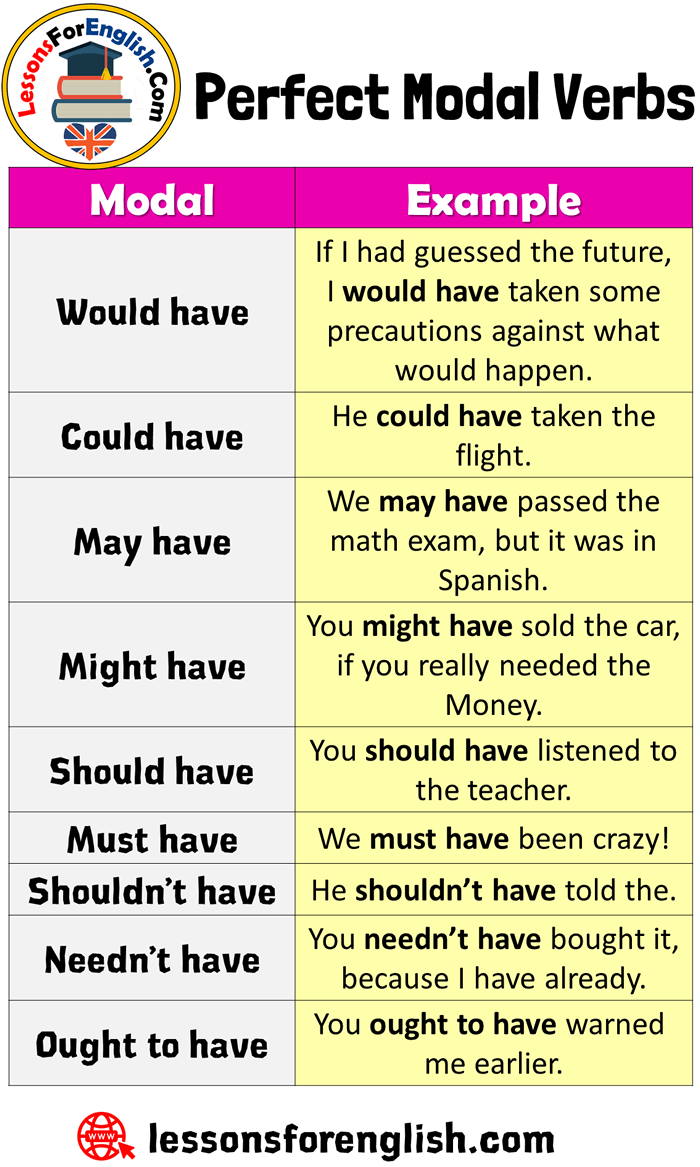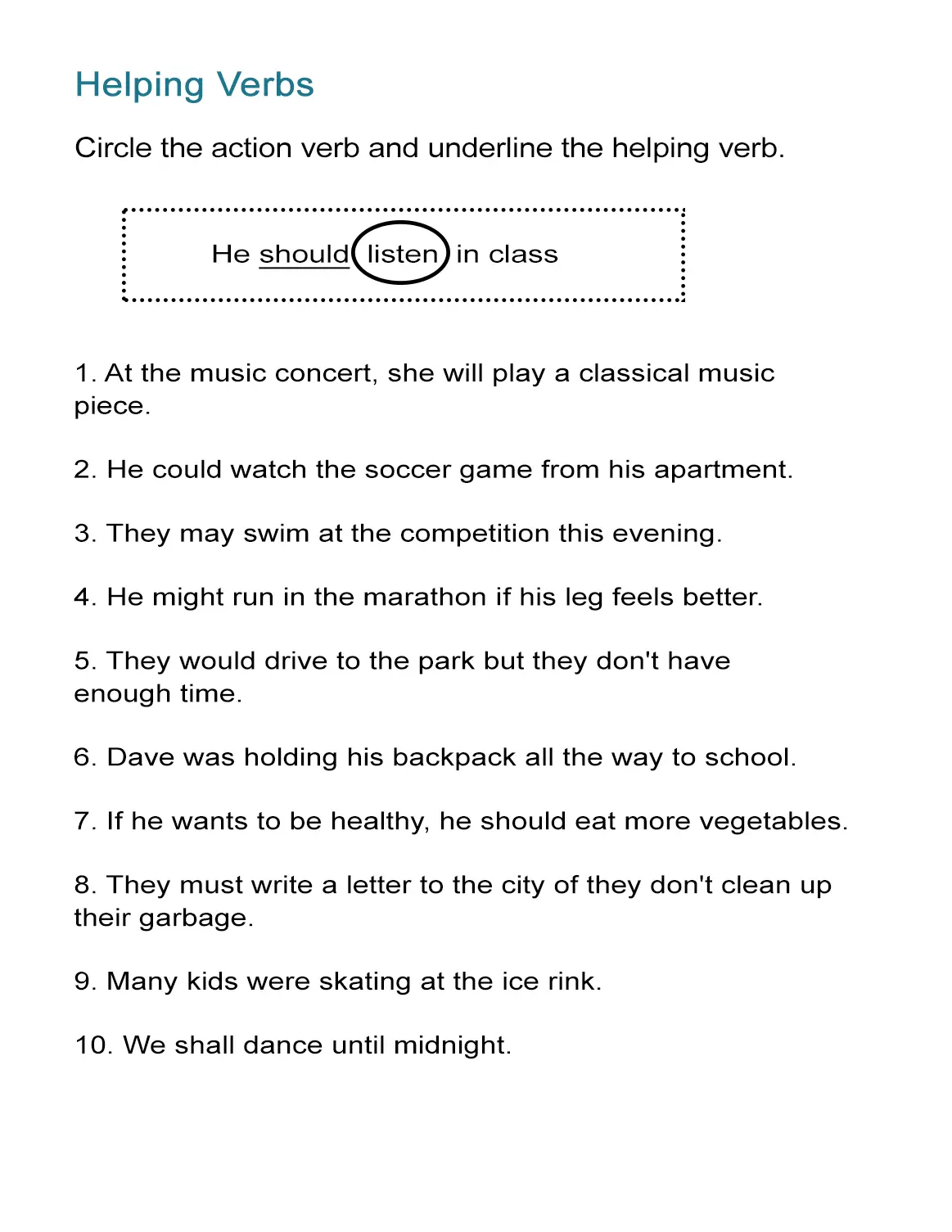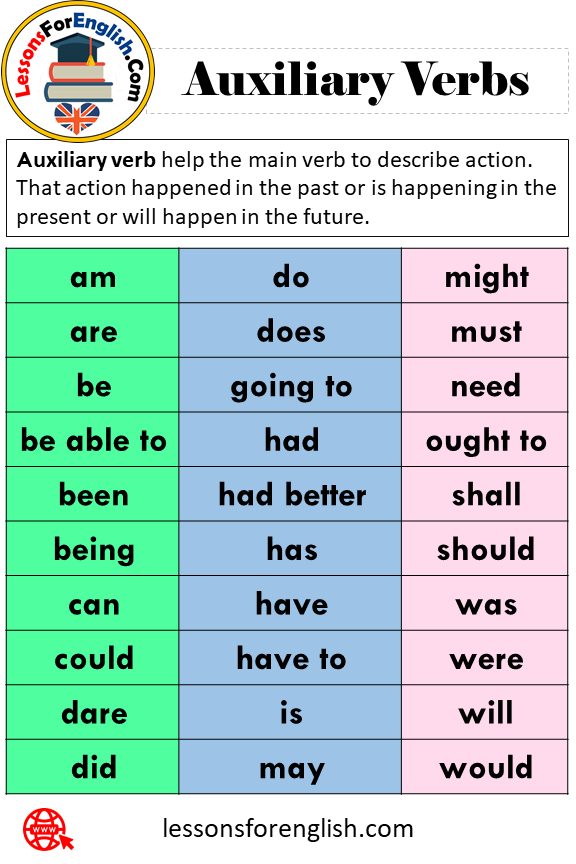

Modal verbs do not take an ‘ s‘ for the third person singular. We use modal verbs to express different meanings and reach different purposes. like.Modals verbs are different from normal English verbs. More examples of non action words are: prefer. … Referring to the senses, some non-action words are: look, smell, feel, taste, and sound.


Non-action words, or non-action verbs, do not refer to an action as such, but represent a state of being, need, opinion, sense, or preference. What are non action verbs? Verbs to Express Being To determine if a word is an action verb, look at the sentence and ask yourself if the word shows something someone can do or something someone can be or feel. How do you use action verbs? Common Action VerbsĪn action verb can express something that a person, animal or even object can do. The other helping verbs cannot be used alone but only as helping verbs. Be, being, and been can be used with other verbs either to show action or state of being. Has, have, had, do, does, and did always show action when used alone. What are the 6 helping verbs that always show action when used alone? What are the 22 helping verbs? Terms in this set (4) belong to, consist of, contain, include, need.Main verbs are also called “lexical verbs”. What are the 50 examples of adjectives? 50 Adjectives Words, English Adjectives Vocabulary The baby was gazing adoringly at chocolate cake.Actually, it was how my friends celebrated my birthday.What are 50 adverbs? 50 Most Common Adverbs, Meanings and Example Sentences What are the 5 verbs? Five forms of verb that is present tense, past tense, past participle, present participle and infinitive are given in this table. Action verbs can be either transitive or intransitive.

Action verbs are words that express action (give, eat, walk, etc.) or possession (have, own, etc.). There are three types of verbs: action verbs, linking verbs, and helping verbs. There are four TYPES of verbs: intransitive, transitive, linking, and passive. To pull or tear away something that’s attached to something else To move in front of or go by someone or something What are verbs that start with P? 50 Verbs Starting With P Verb Quack, quackle, quadrate, quadruple, quadruple bluff, quadruplicate, quaff, quail, quake, qualify, quarantine, quarrel, quarrel out, quarrel with, quarry, quarter, quarter saw, quash, quat, quave, quaver, quay, queen, queen up, quell, queme, quench, querken, querl, query, quest, question, question the question, queue, …
#Helping verbs list with examples full
What are verbs that start with Y? Verbs That Start with Y – Full List (40 words) The status of dare (not), need (not), and ought (to) is debatable and the use of these verbs as auxiliaries can vary across dialects of English. What are the 24 auxiliary verbs?īe, can, could, dare, do, have, may, might, must, need, ought, shall, should, will, would. What is an action verb? An action verb is a verb that describes an action, like run, jump, kick, eat, break, cry, smile, or think. What are the 27 helping verbs? Helping Verbs in English There are two types of action verbs transitive and intransitive.Ībnormally absentmindedly accidentally actually adventurously afterwards almost always annually anxiously arrogantly awkwardly bashfully beautifully bitterly bleakly blindly blissfully boastfully boldly bravely briefly brightly briskly broadly busily calmly carefully carelessly cautiously certainly cheerfully clearly …


 0 kommentar(er)
0 kommentar(er)
